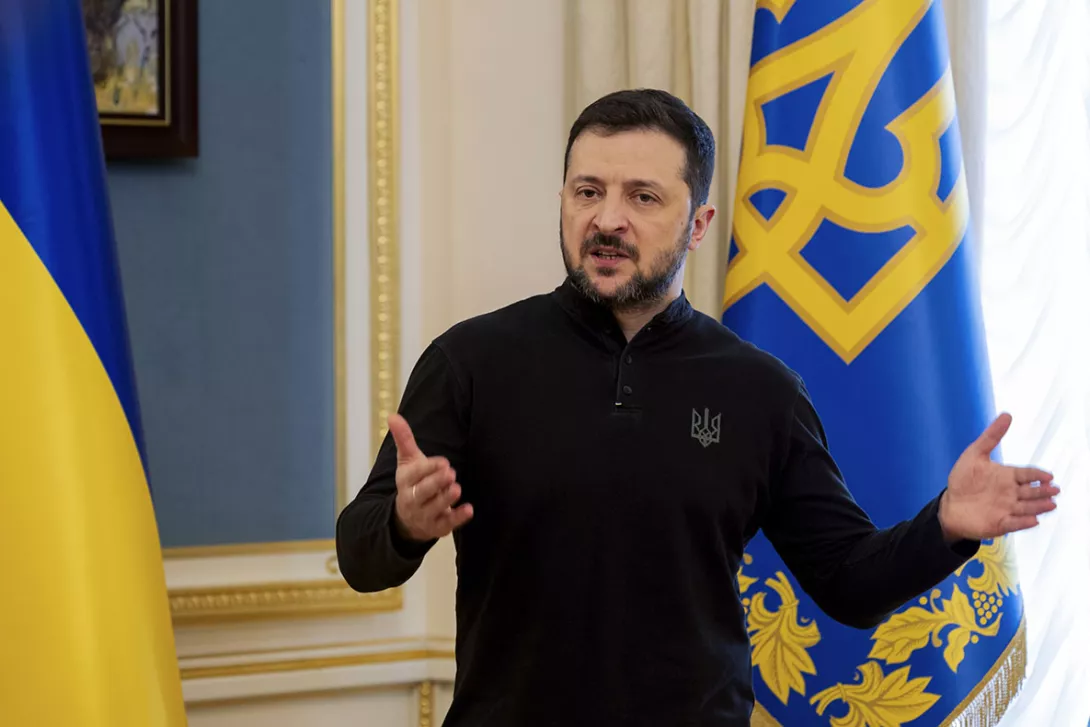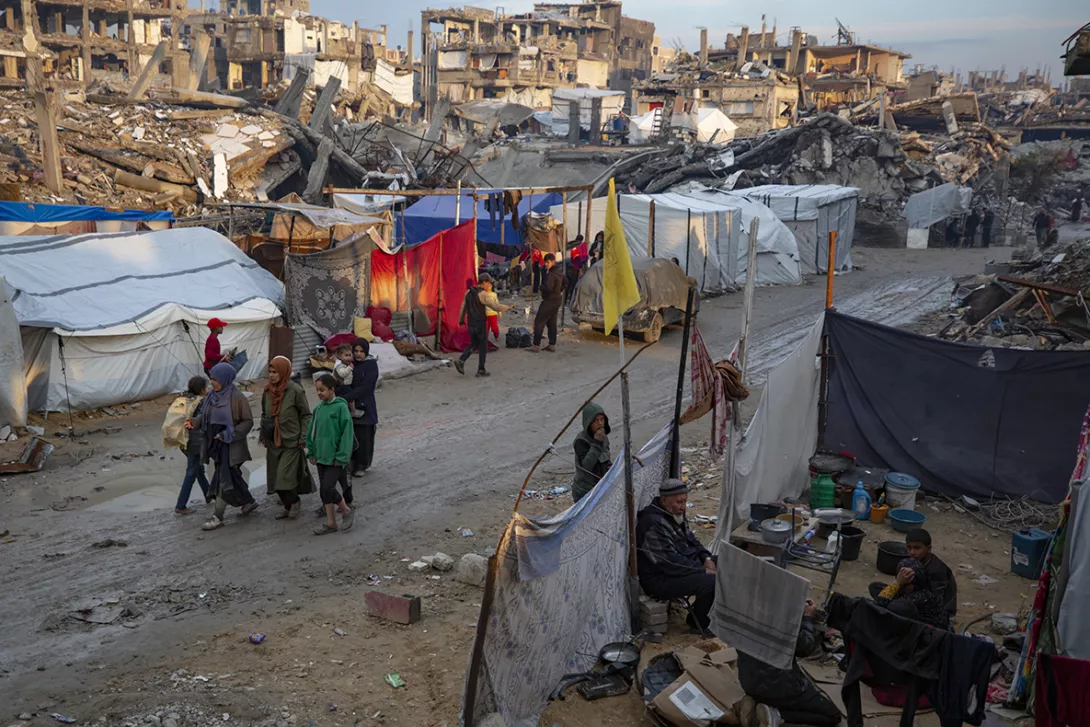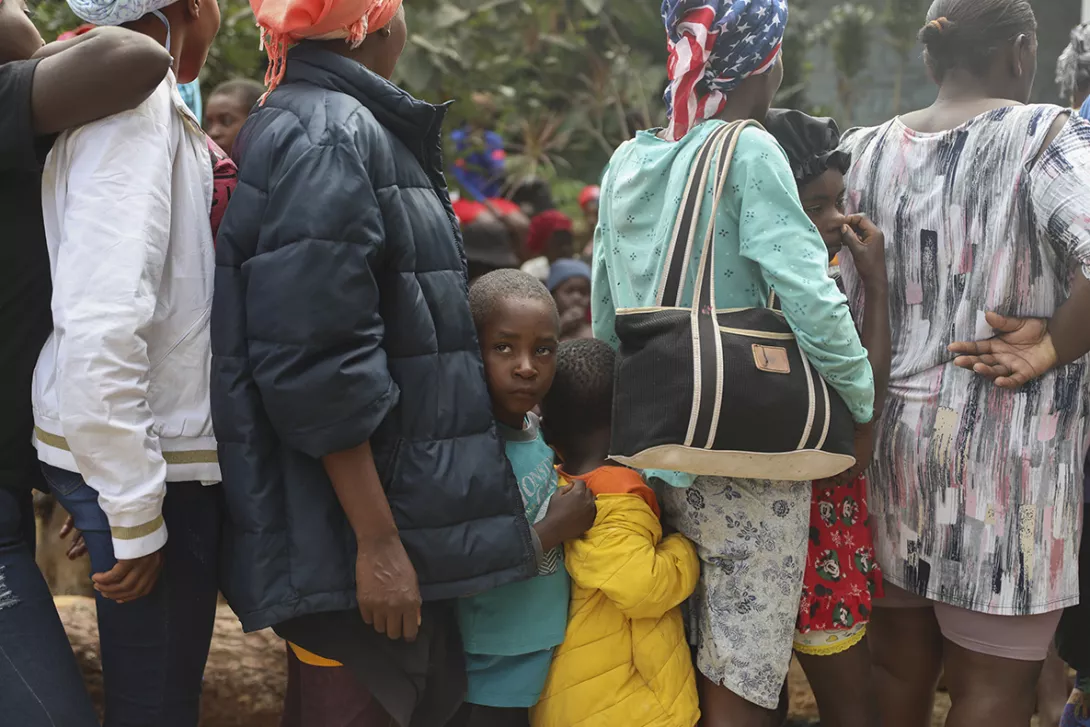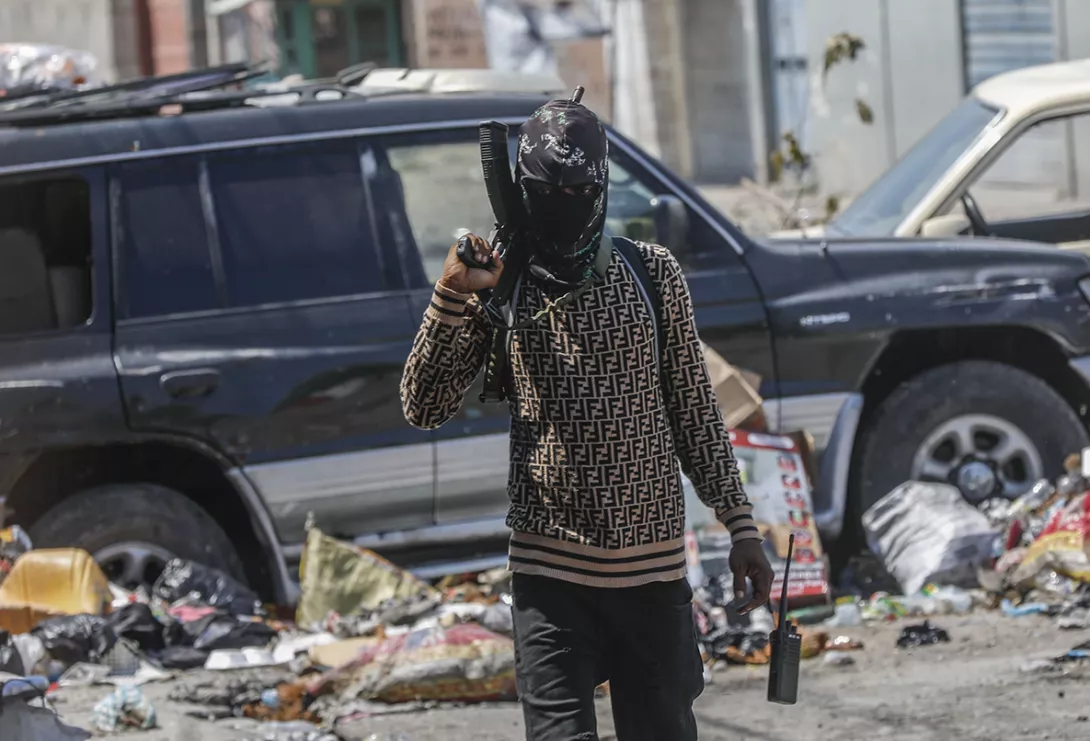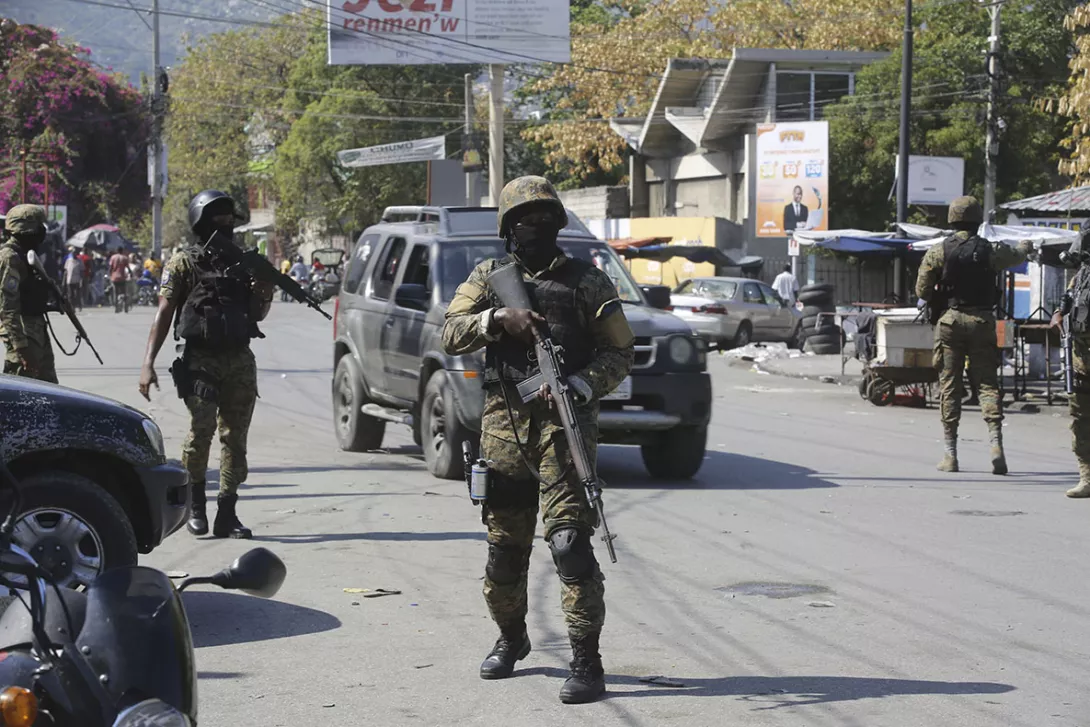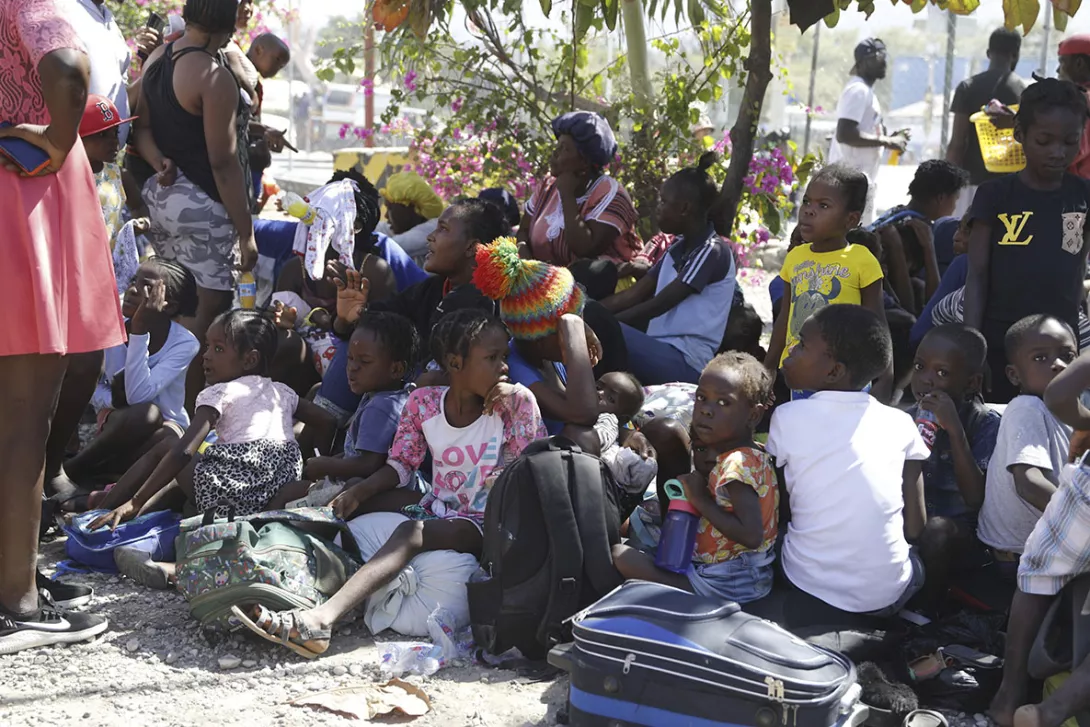Kenya and Haiti sign agreements to salvage plan to deploy Kenyan police to battle gangs
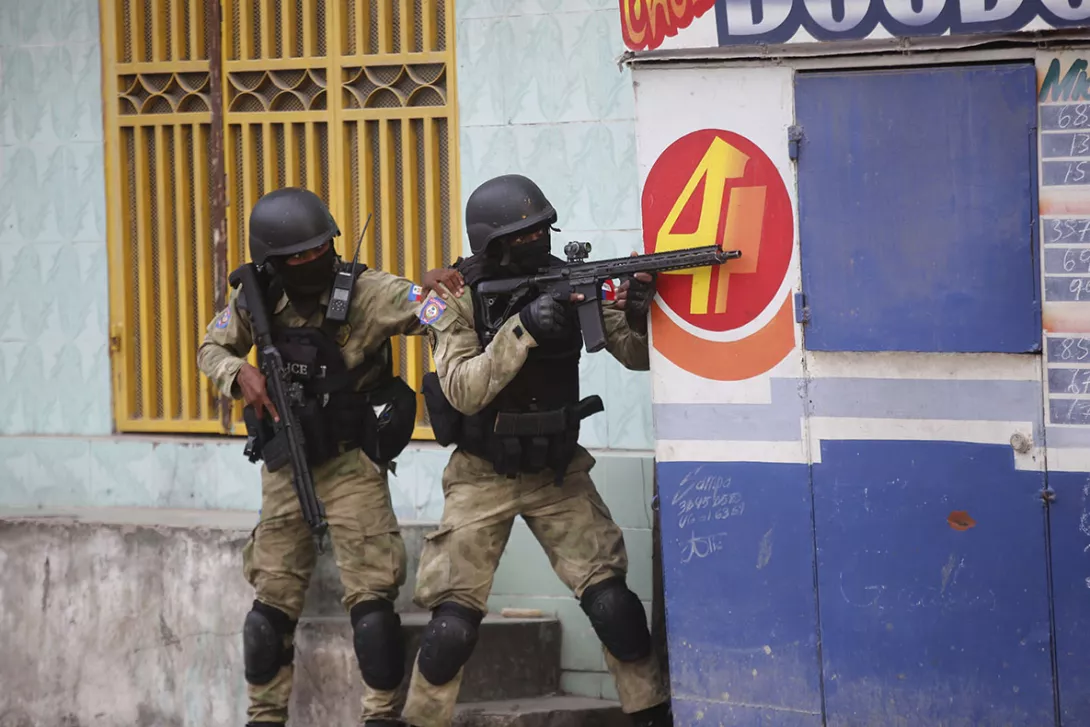
KENYA and Haiti signed agreements today to try to salvage a plan for the African country to deploy 1,000 police officers to the troubled Caribbean nation to help combat gang violence that has surged to unprecedented levels.
Kenya agreed in October to lead a United Nations-authorised international police force to Haiti, but the Kenyan High Court in January ruled the plan unconstitutional, in part because of a lack of reciprocal agreements between the two countries.
Kenya’s President William Ruto said in a statement that he and unelected Haitian Prime Minister Ariel Henry witnessed the signing of the reciprocal agreements between the two countries today.
More from this author
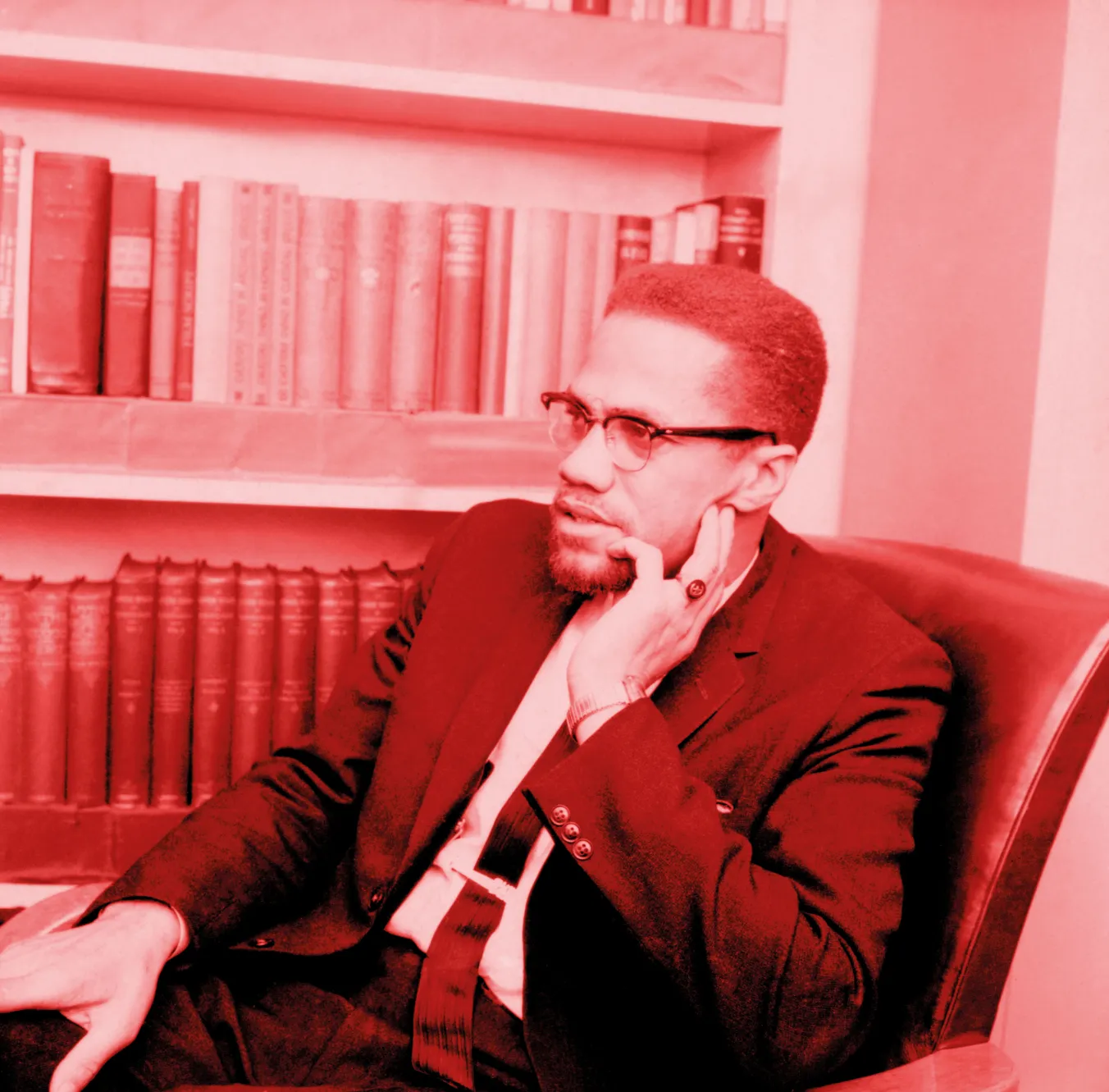
ROGER McKENZIE looks back 60 years to the assassination of Malcolm X, whose message that black people have worth resonated so strongly with him growing up in Walsall in the 1980s
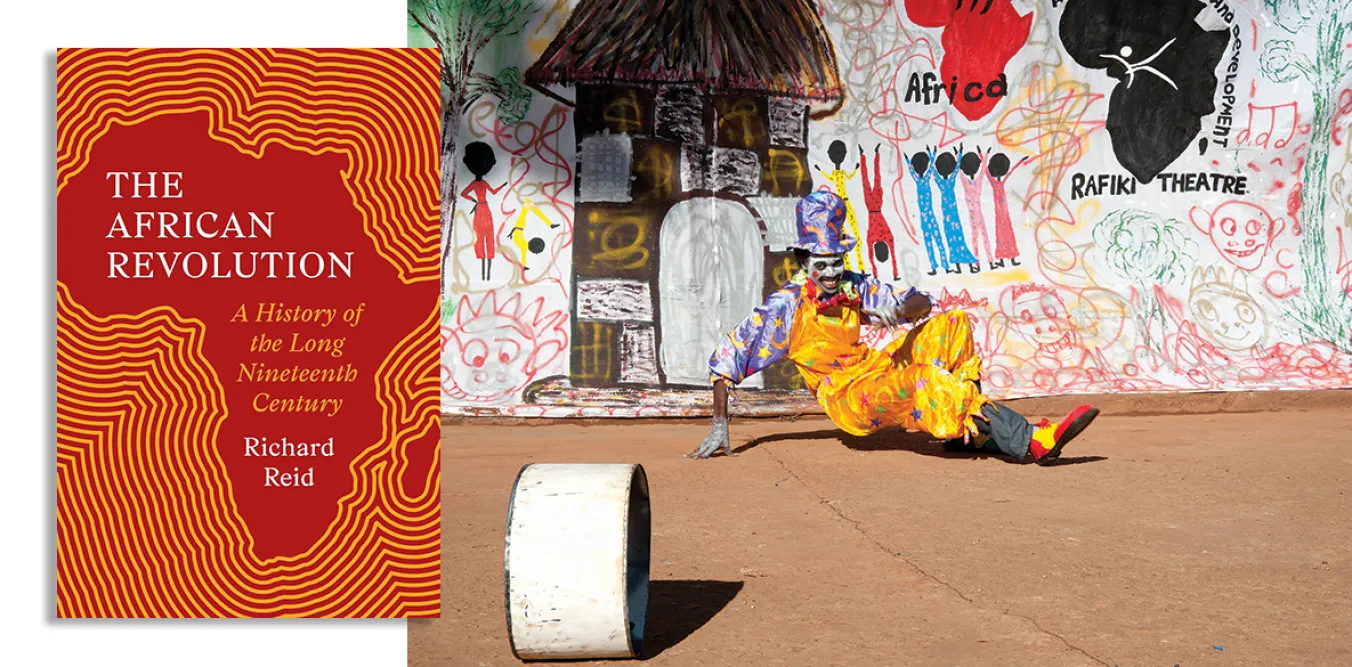
ROGER McKENZIE welcomes an important contribution to the history of Africa, telling the story in its own right rather than in relation to Europeans


